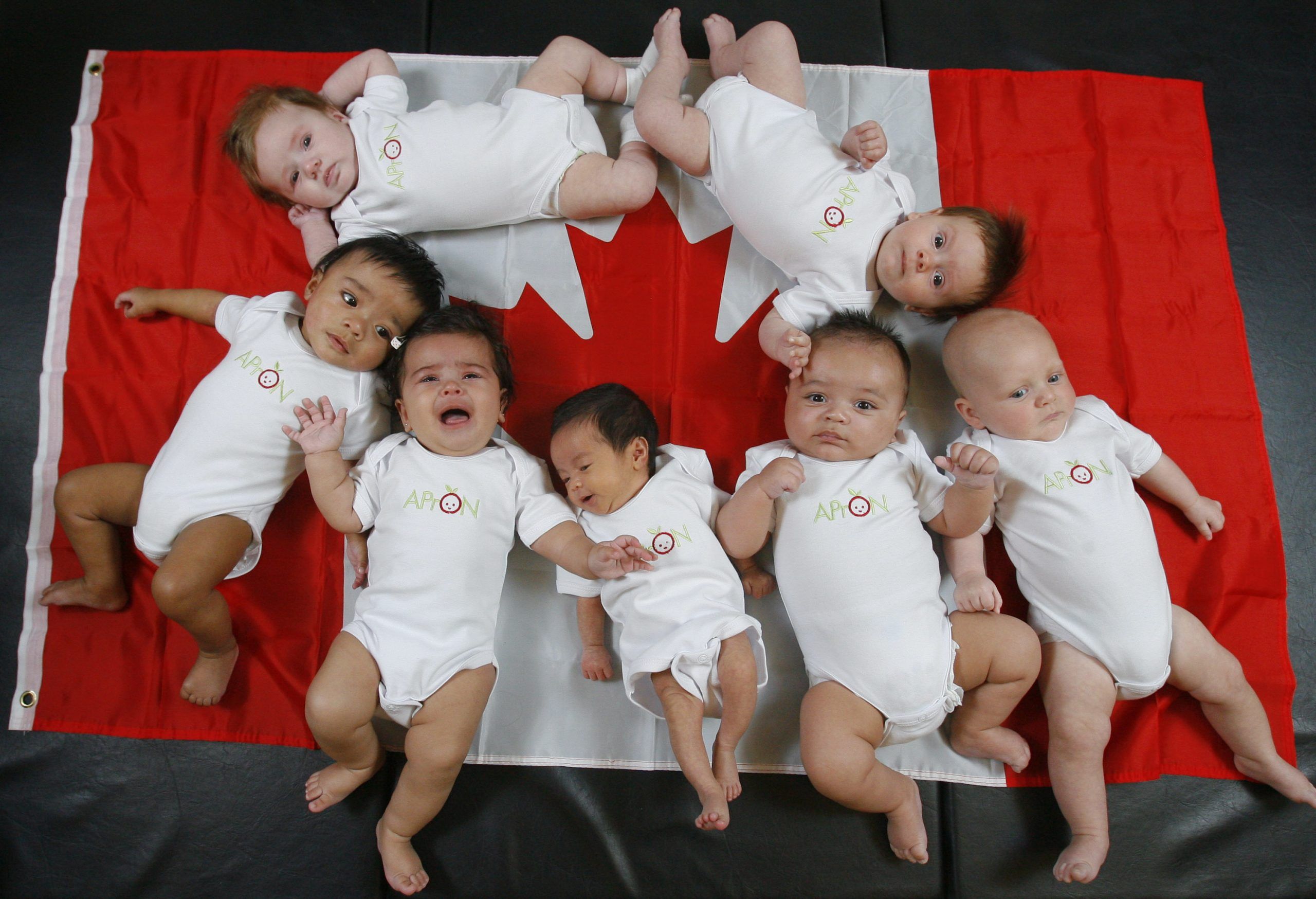Statistics Canada confirmed last week that 351,679 babies were born in 2022 — the lowest number of live births since 345,044 births were recorded in 2005.
The disparity is all the more notable given that Canada had just 32 million people in 2005, as compared to the 40 million it counted by the end of 2022. In 2005, it was already at historic lows for Canada to have a fertility rate of 1.57 births per woman. But given the 2022 figures, that fertility rate has now sunk to 1.33.
…
Of Canadians in their 20s, Statistics Canada found that 38 per cent of them “did not believe they could afford to have a child in the next three years” — with about that same number (32 per cent) saying they doubted they’d be able to find “suitable housing” in which to care for a baby.
…
A January survey by the Angus Reid Group asked women to list the ideal size of their family against its actual size, and concluded that the average Canadian woman reached the end of their childbearing years with 0.5 fewer children than they would have wanted
“In Canada, unlike many other countries, fertility rates and desires rise with income: richer Canadians have more children,” it read.



The studies cited in the op-ed show many people who want kids aren’t having them due to the cost of living.
Definitely, that would be healthy for people and more environmentally sustainable.
The op-ed is not referring to people who don’t want kids, however, it’s looking at surveys where people say they can’t afford to have kids.
That’s not true. The study cited expliciitaly states that:
“… the most influential factors relate to the ideas that children are burdensome, that parenting is intensive and time-consuming, and that women want to finish self-development and exploration before having children. The view that parenting is demanding is a bigger factor for low fertility than is housing or childcare costs.”
Fair point, but it is basing the op-ed on a survey that does refer to women who did not want kids, and when you consolidate the data, it’s pretty clear that there’s some reporting bias at play.
Still, to the point, cost of living is not the driving factor to low fertility.